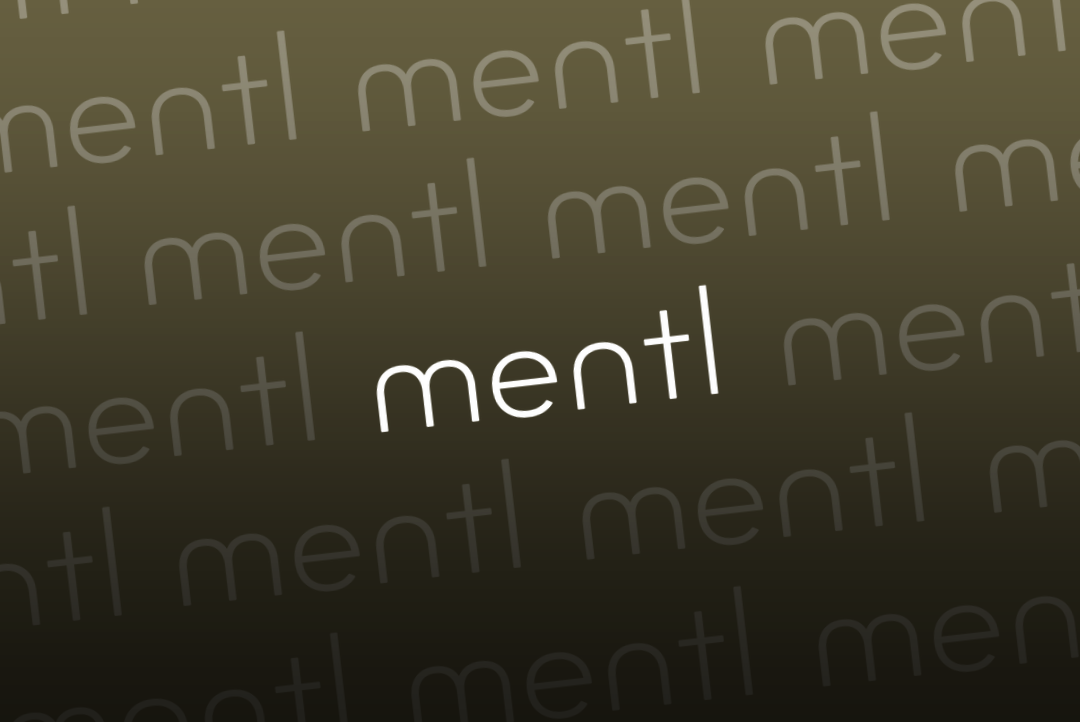Beat the ‘January Blues’: 5 ways to combat stress
January often sees a spike in stress levels due to several factors. Following the festive holiday season, the return to regular routines can be a difficult adjustment, leading to the “January Blues.”
This transition from a busy December to a quieter January can bring feelings of disappointment or melancholy. The beginning of a new year adds pressure with the need to set and commence new resolutions, which often include challenging personal and professional goals.
In the workplace, January is marked by increased activity after the holiday lull, with new targets and intensified workloads, as well as financial planning and budgeting tasks. These combined factors contribute to heightened stress levels in January, impacting both personal well-being and professional responsibilities.
Indeed the so-called “most depressing day of the year” is often associated with ‘Blue Monday’ – typically identified as the third Monday of January
Here, Heather Broderick, Career and Burnout Coach, winner of Advocate of the Year in ‘the mentl awards 2023‘, unpacks five ways you can combat stress.

Understanding Stress and Its Impact on Health and Work
Many people do not understand the seriousness or true danger of stress, living with symptoms every day, feeling they are medical issues or stand-alone problems.
With the World Health Organisation estimating the cost of burnout in the workplace at $1 trillion globally, (not including the impact it has on non-workers), it is evident that stress is putting significant pressure on our healthcare system and our personal mental and physical health.
So, how do we make a change? How can we overcome something that impacts our everyday lives so prevalently? Here are my top tips:
1: Recognising the Four Stages of Stress
Stress is good for us all to a certain degree. Stress is our body’s natural reaction to perceived danger, putting our body into action to cope deal fully with the threat. We all respond to stress by fighting it or running away from it. Freeze and fawn are also responses initially but turn into fight or flight after time. Here are the four stages of stress:
- Alarm – Stress hormones are triggered by some form of danger and the subconscious mind prepares our bodies; adrenaline is heightened, cortisol is increased, the heart beats faster, we may sweat, we may feel anxious, we may have an upset stomach and blood pressure rises. This is normal.
- Resistence – Following the stressful event, the body would normally return to normal after the perceived danger has gone. Our stress hormones reduce but remain slightly elevated until the stress dissipates. When the stress persists, the body responds mentally and physically with headaches, migraines, chronic pain, insomnia, digestive issues, lack of focus, irritability and skin issues.
- Adaption – When the stress remains in the resistance phase for a prolonged amount of time, our body tries to find a way of dealing with it as a ‘normal way of living’, but the symptoms above playing out over a long period of time start to cause severe mental and physical health issue, pushing the body into the burnout stage.
- Burnout – Once your body has been dealing with chronic stress for a significant amount of time with no chance to recover, it moves into burnout where physical and mental exhaustion take over. This can not only lead to breakdowns, but can also cause heart failure, strokes, some Cancers and depression.
2:Decide to Make Changes
Once you understand how serious stress can be, decide to focus on reducing triggers and creating a more calm and peaceful life for yourself. Decide to commit to better health and build some relaxing activities and self-care into your routine.
3: Evaluate your Lifestyle
Once you know where you are in the stress stages, start making lifestyle changes to give your mind and body a chance to recover. Sleep more, exercise more, eat healthily, avoid caffeine, alcohol and tobacco. Small changes in your lifestyle can make a huge positive impact on stress levels.
4: Put Boundaries in Place
If work is causing you stress, find ways to put boundaries in place to work less or take breaks. If it is your home life, find ways to create time for yourself to do the things you love. If it is a relationship or a family issue, find ways to confront it, raise it and move forward from it. Stress usually begins from putting unreasonable pressure on ourselves for time, energy, money or physically being somewhere and you must start to put yourself first.
5: Create an Action Plan
Once you have identified the triggers of the stress, you can start to put small actions into place to alleviate the symptoms and begin to recover. If it is your finances, can you do a budget? If it is caring for someone, can you bring in some support one day a week? If it is being in a toxic relationship, can you find a way to break free? How can you start these things today?
Dealing with Stress: Recognising the Warning Signs
The fact is that stress is deadly. Although stress itself, rarely causes death, the illnesses and diseases that chronic unresolved stress bring about are frightening.
So, if you are experiencing headaches, more sickness than usual, sleeplessness, a change in mood, digestive issues, inability to conceive or depression, please evaluate your stress levels and start to make small steps to improve your lifestyle and emotional capacity.
